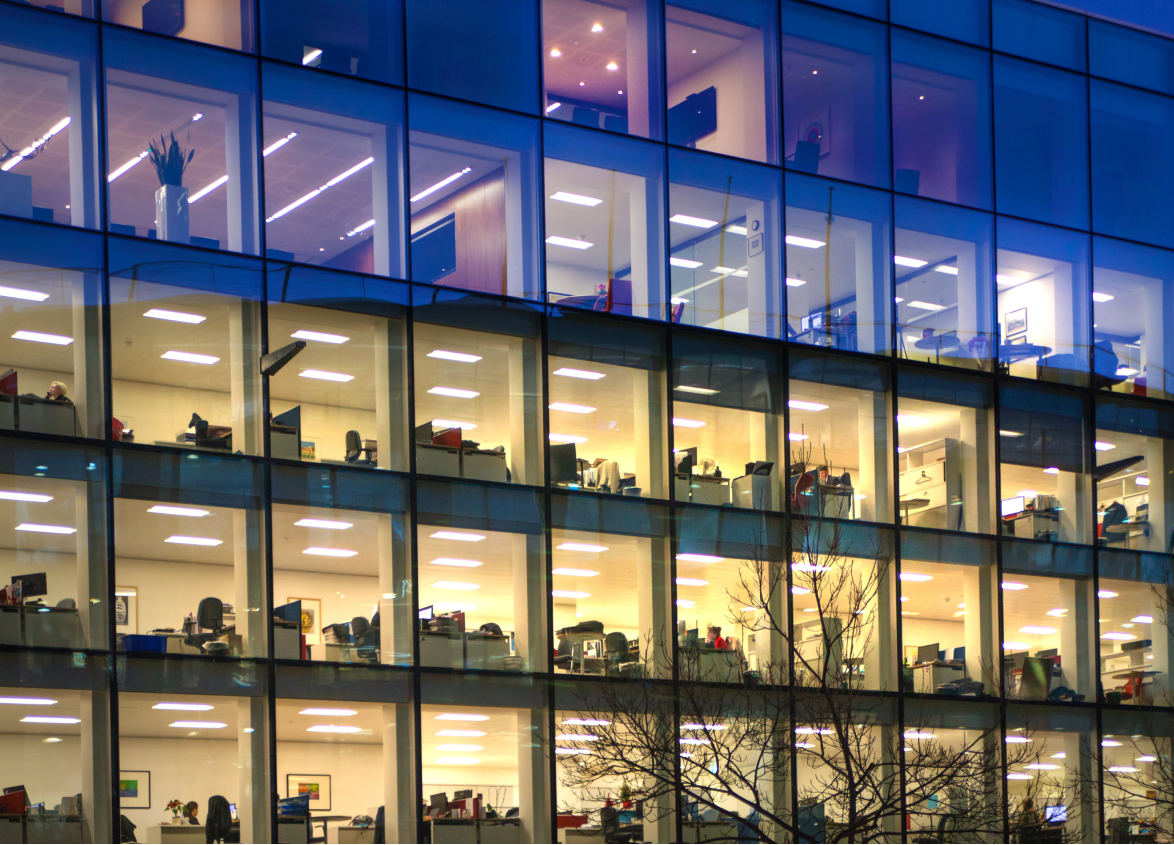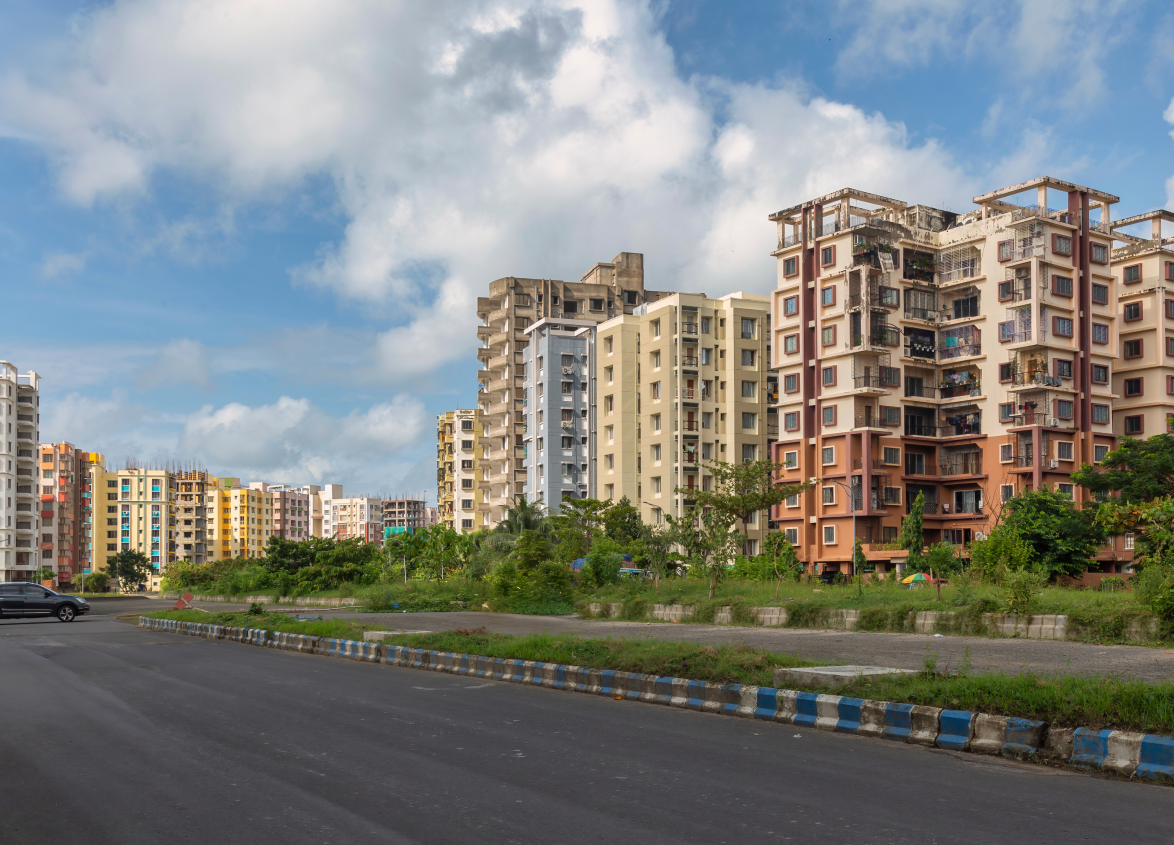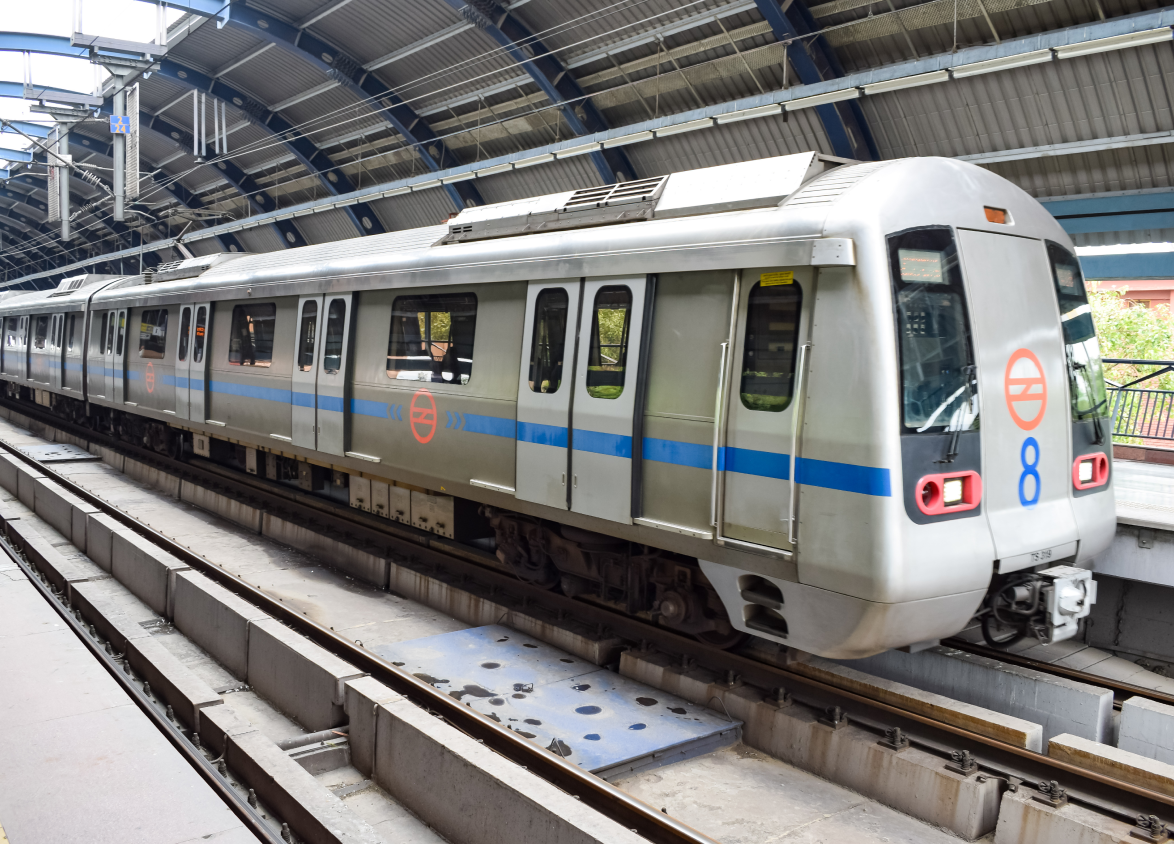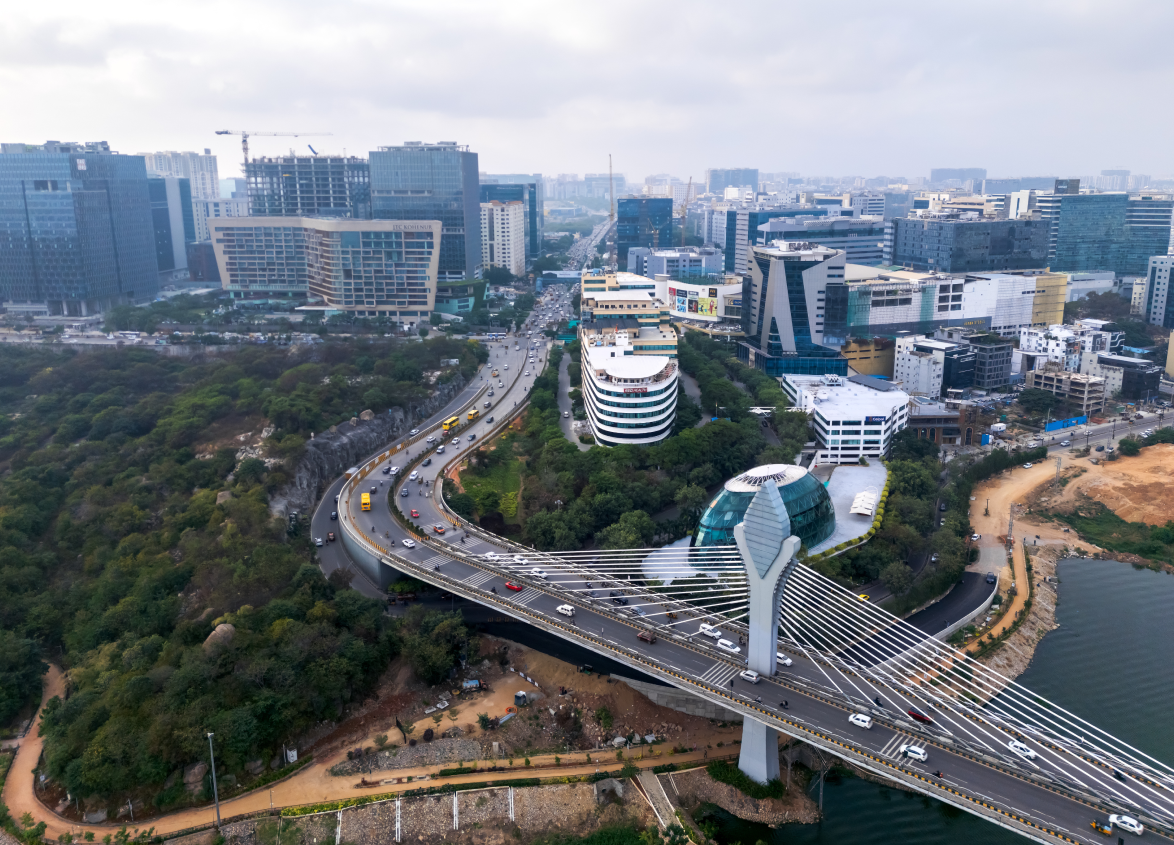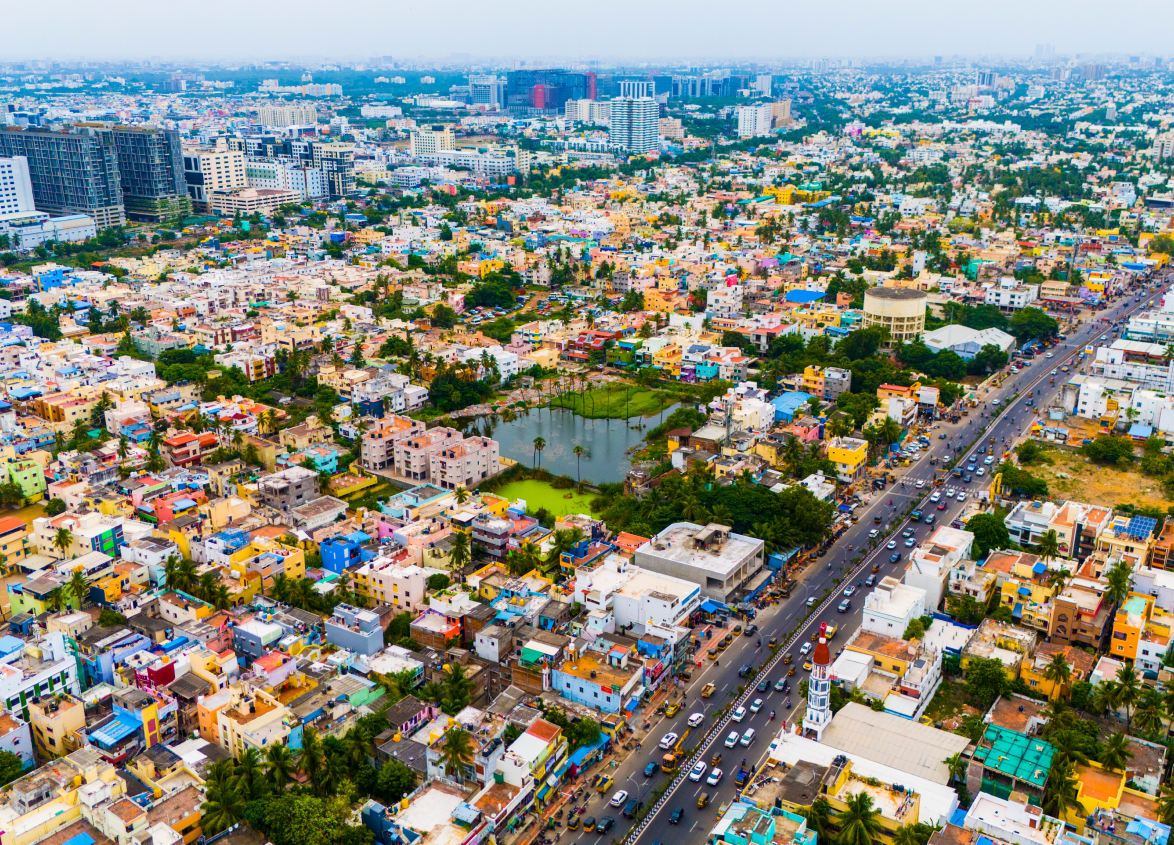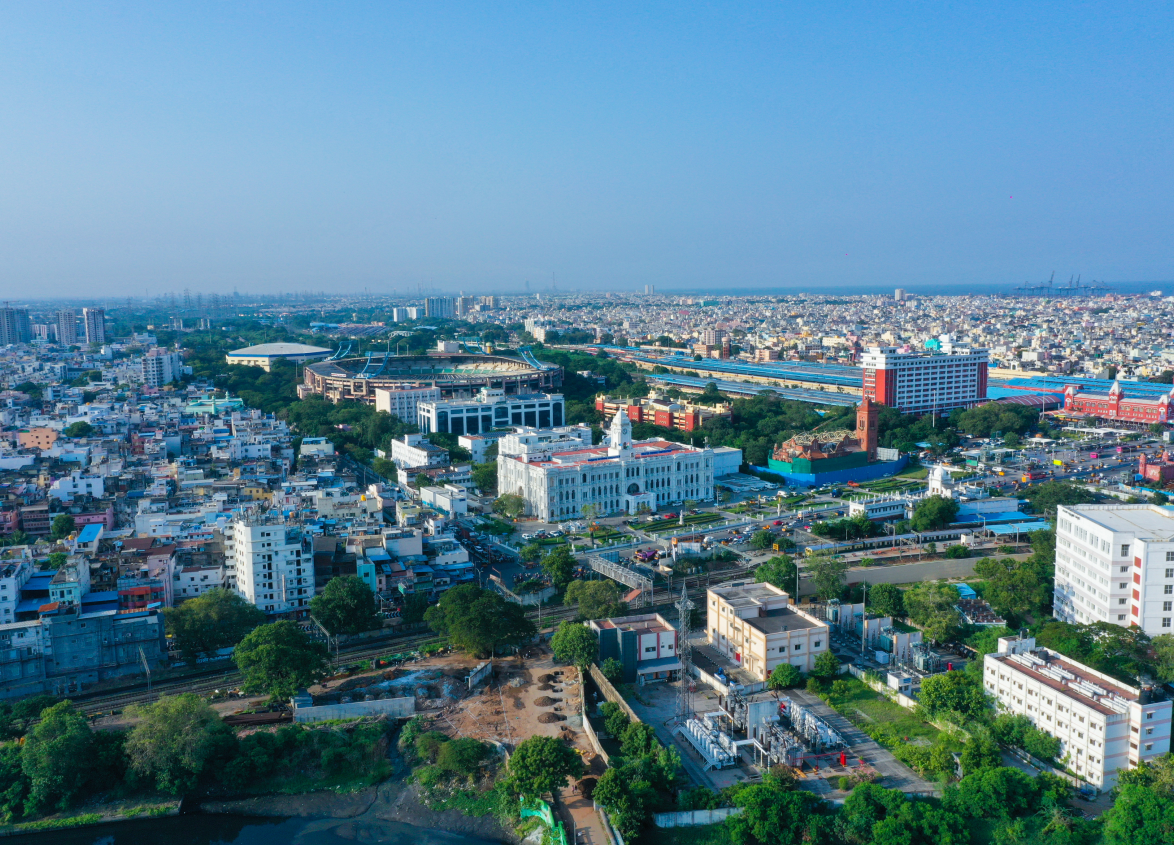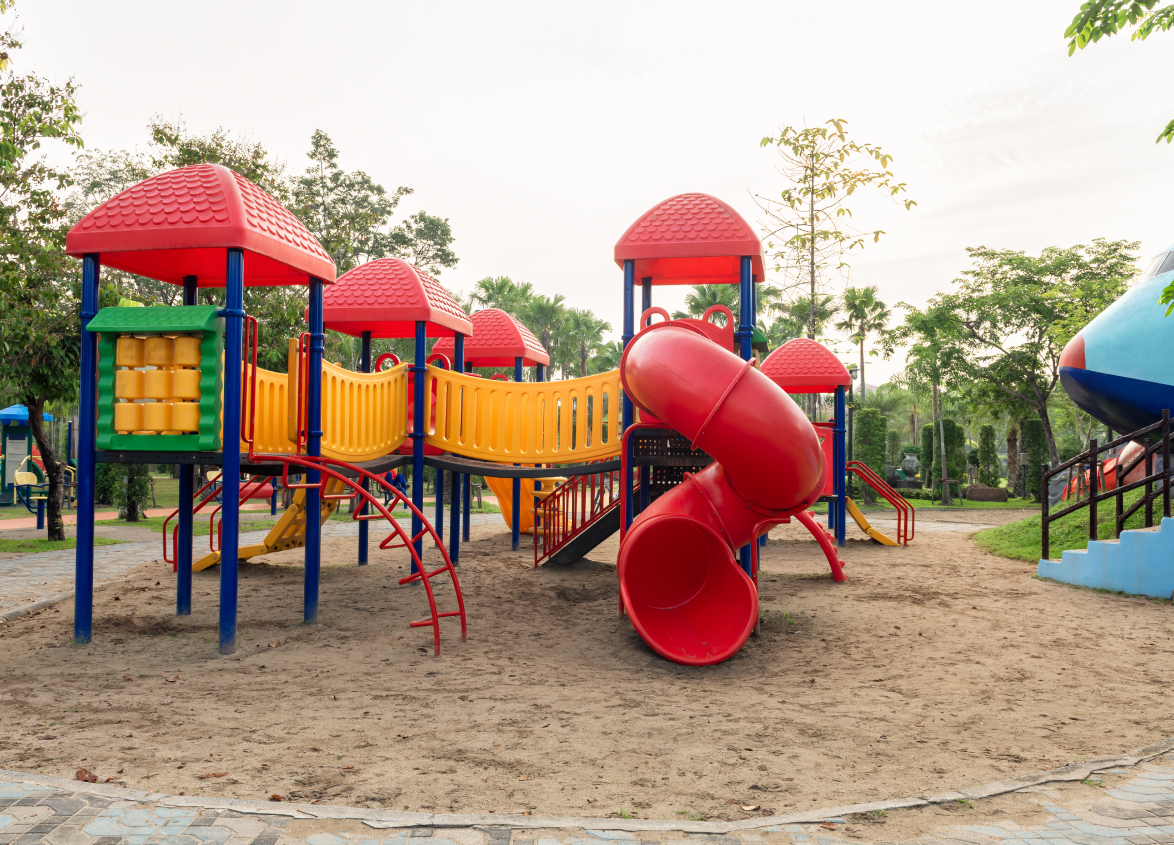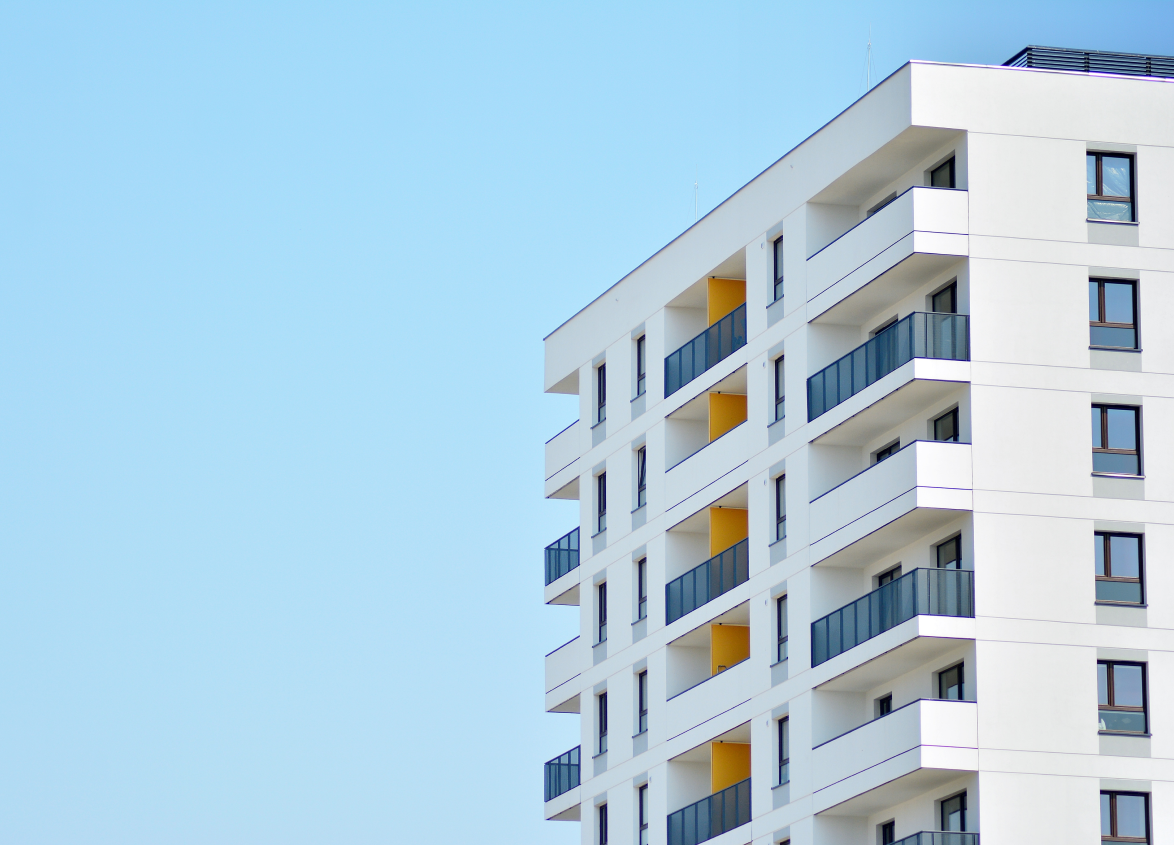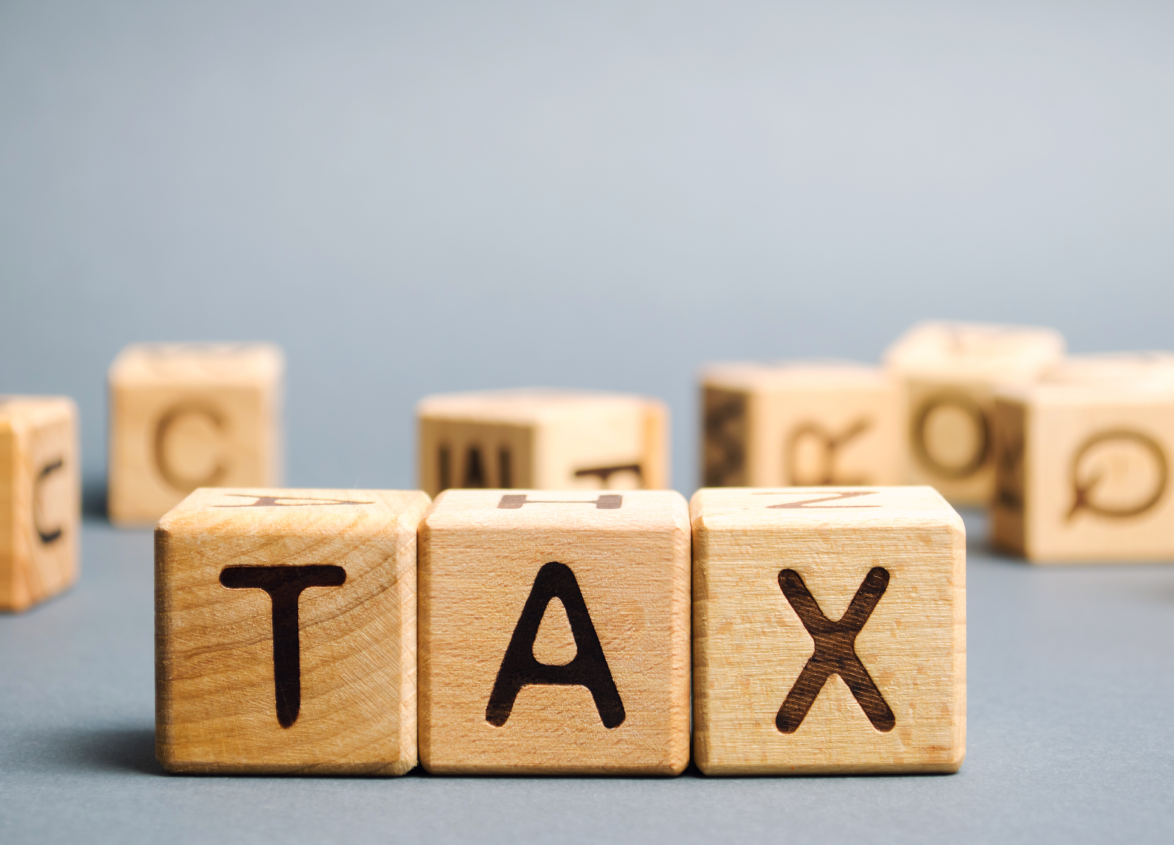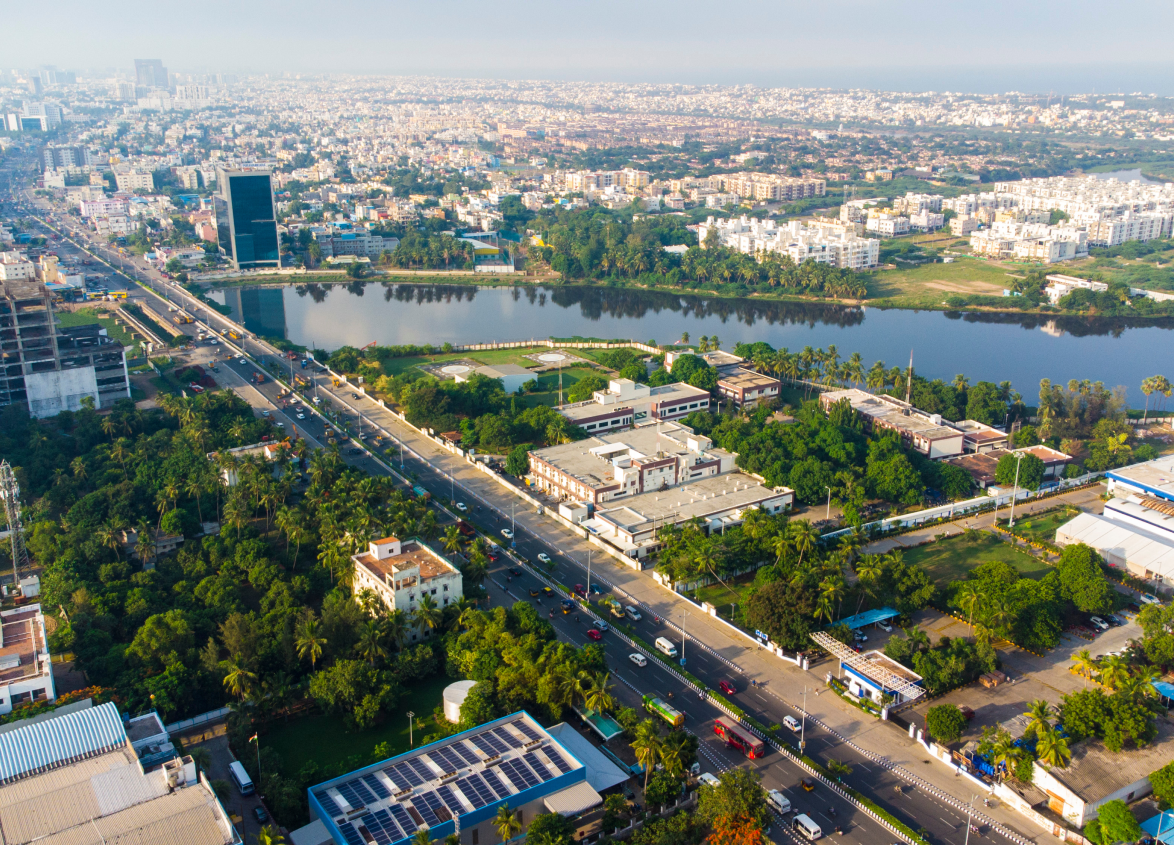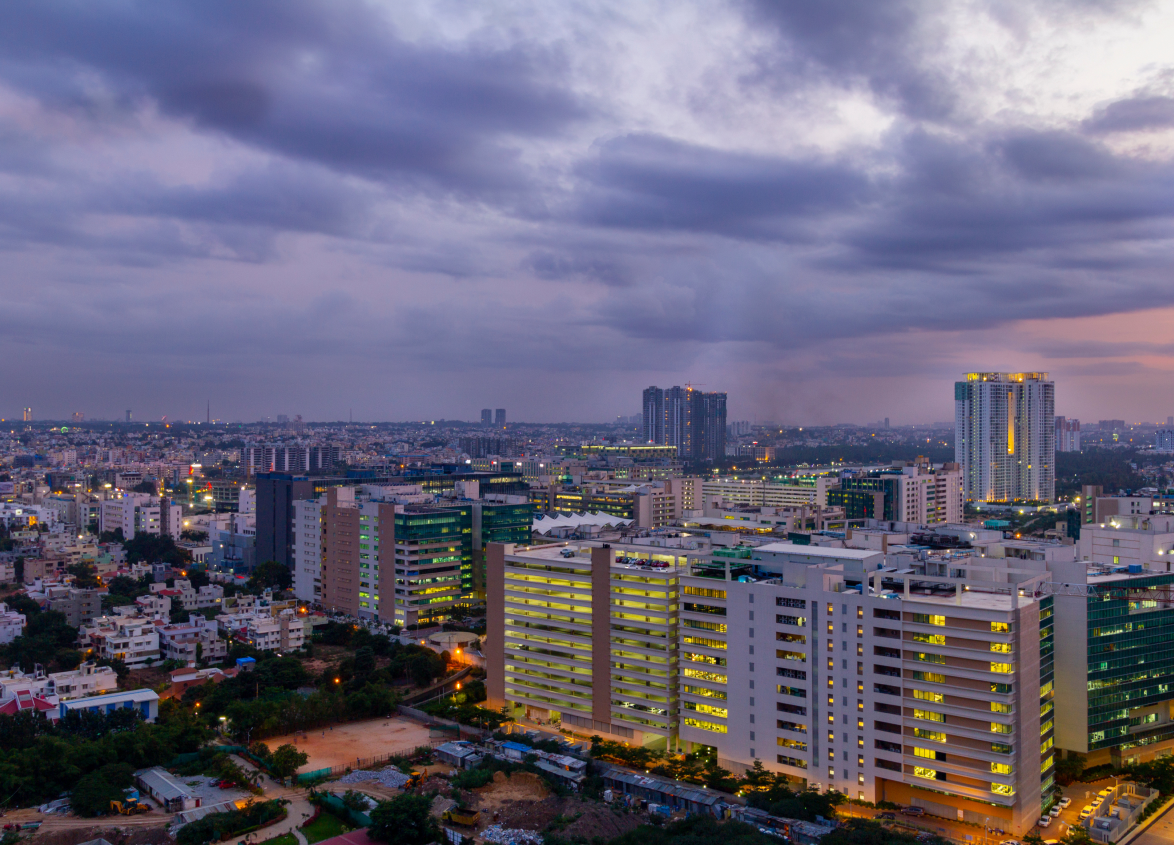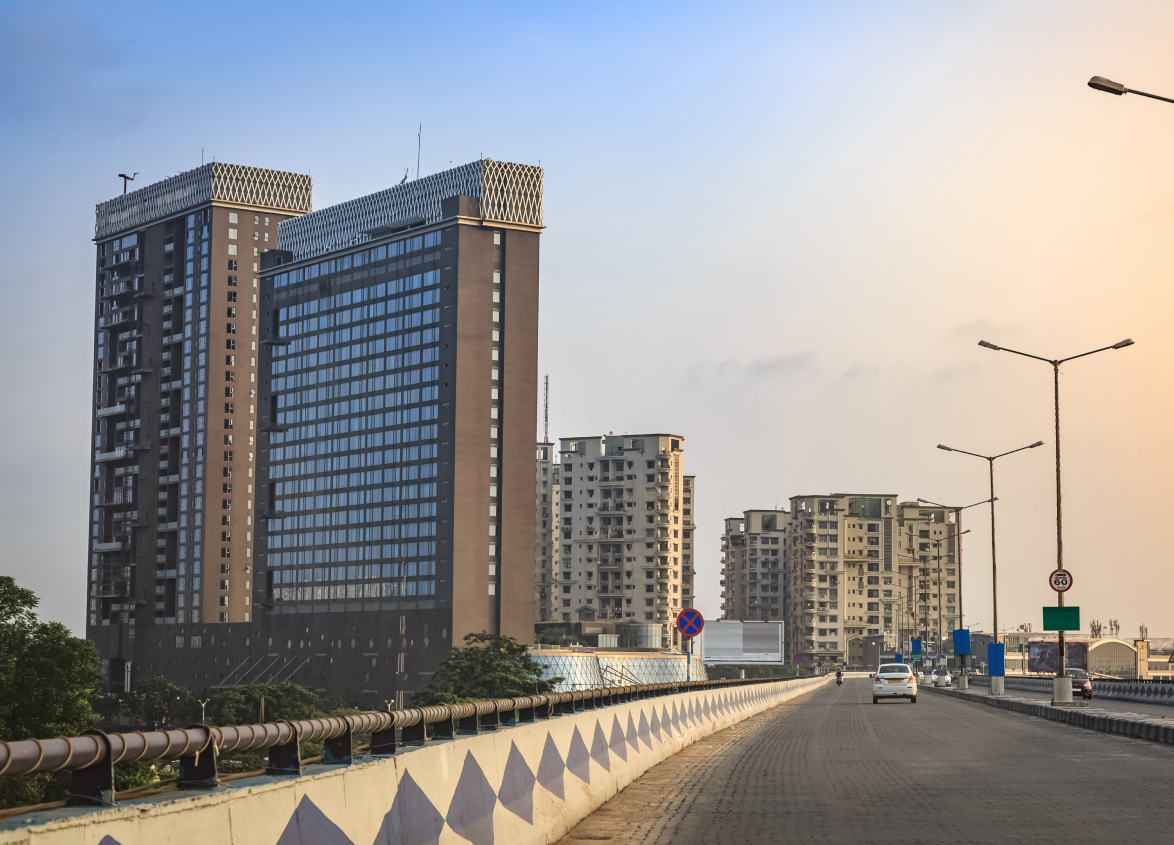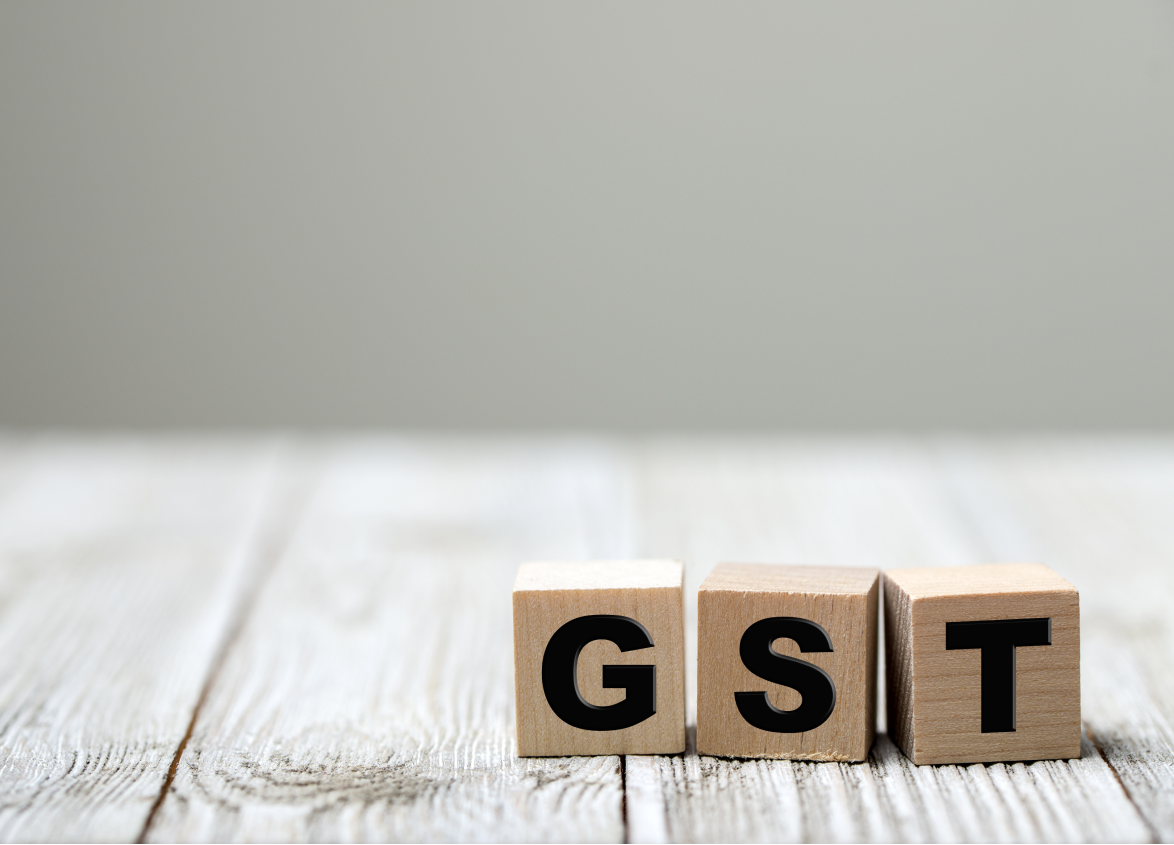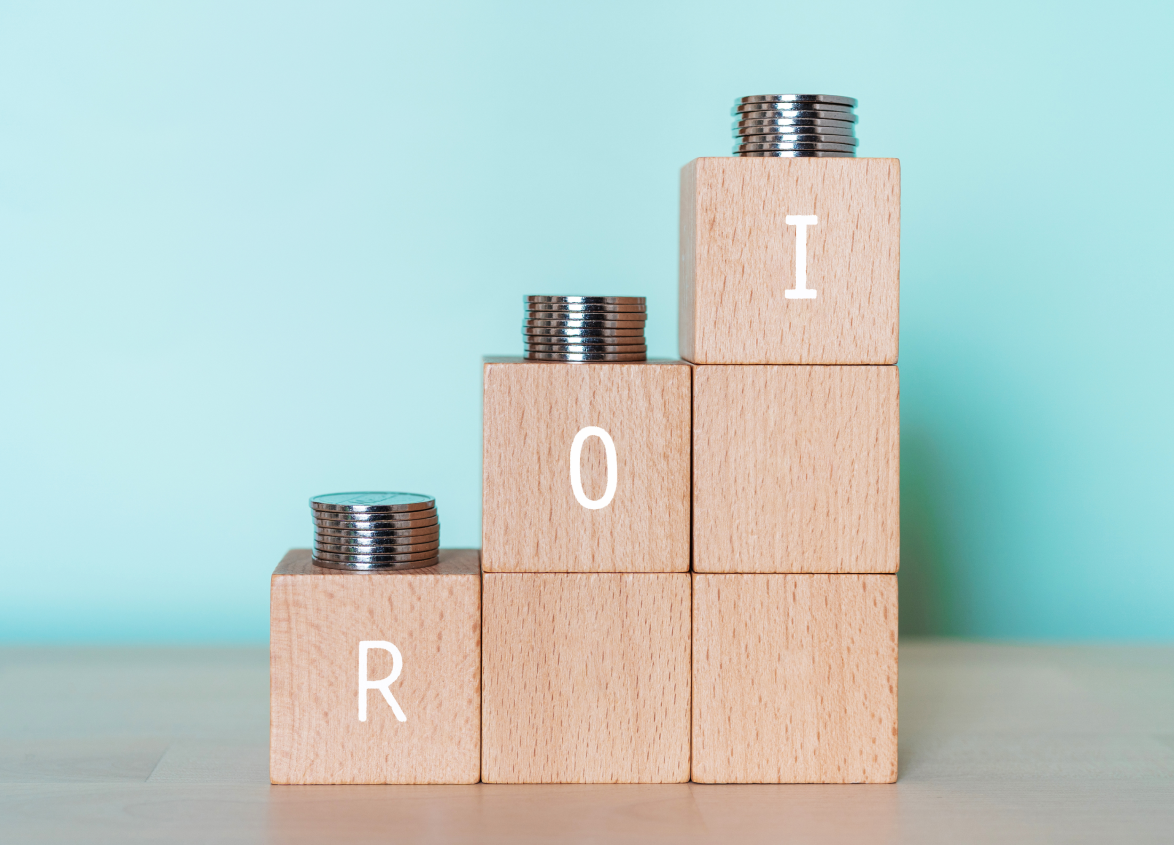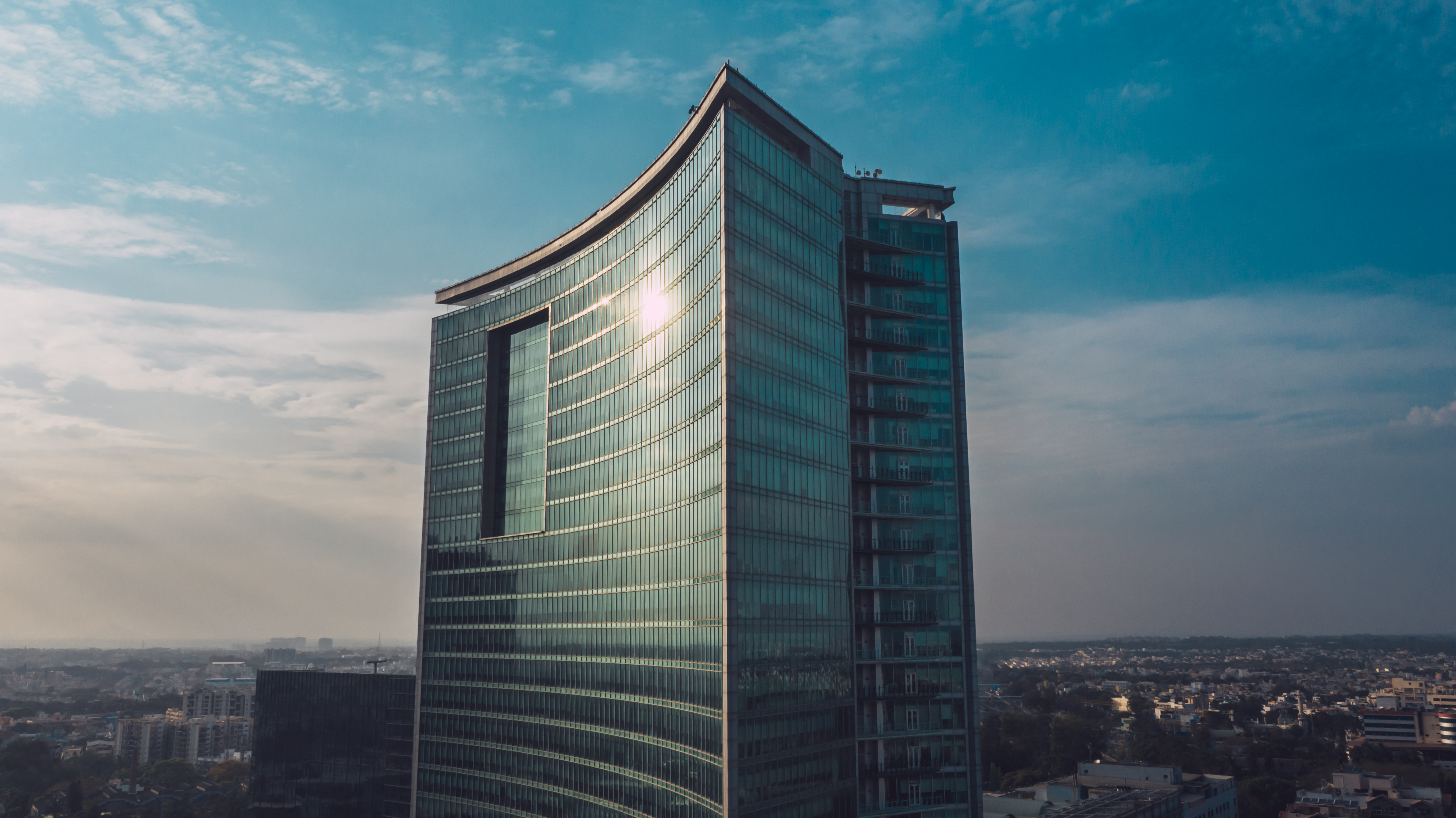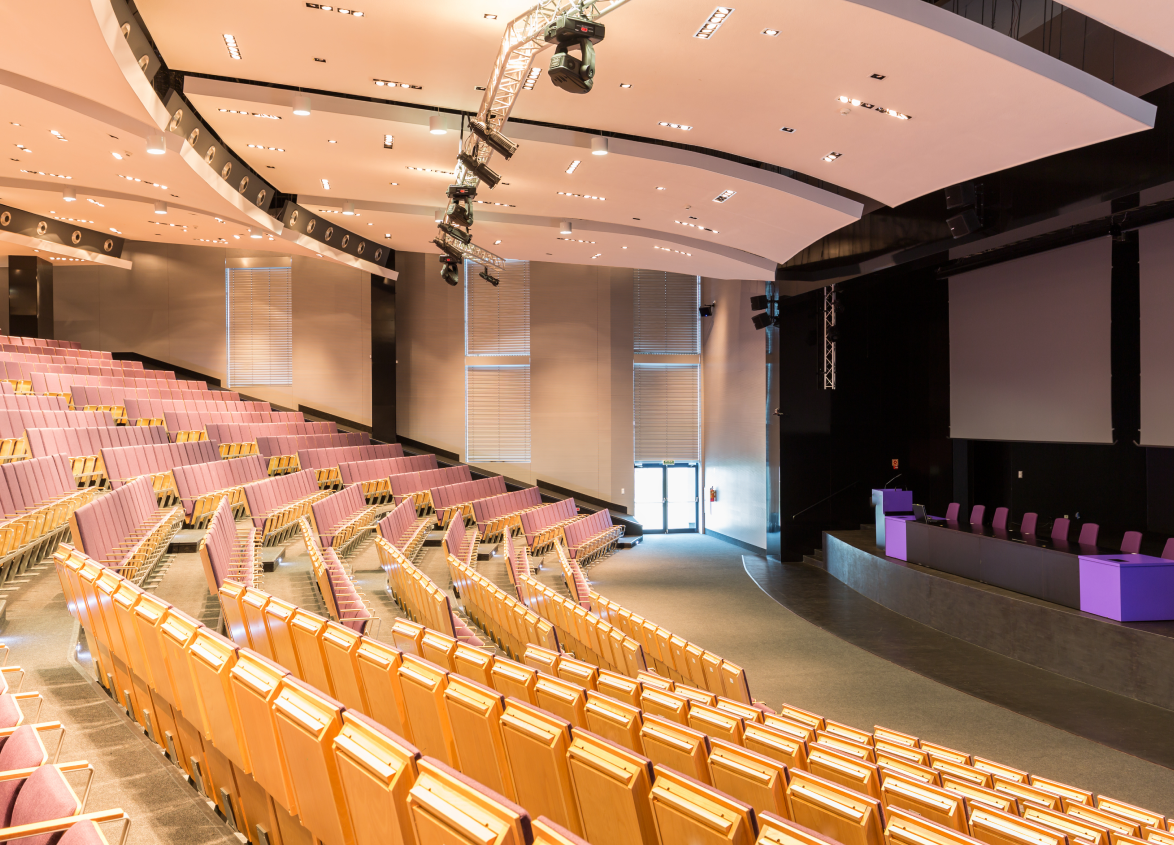
General
The COVID-19 Pandemic: Impact on India's Economy & CRE
April 07, 2020
Nobody had imagined we could be facing such a large scale global issue. As much as it sounds fictional and like a movie script, it is unfortunately true. The world today is facing a global pandemic named COVID-19 or Coronavirus Disease. Wuhan, a province in China is the epicentre of this virus. From there, the virus spread everywhere around the world like a wildfire. It has infected 2,421,036 people and has caused 165,902 casualties till the 20th of April all over. The viral spread of infection has affected every aspect of life - health, lifestyle, and economy.
Yes, the global economy is hit hard with the virus. According to the United Nations Conference on Trade and Development (UNCTAD), the outbreak may cost the world a loss of $2-3 trillion in 2020. It also projected a loss of $50 billion in exports for global value chains due to manufacturing slowdown in China.
The Indian Economic Lockdown
According to an article by the Economic Times, India now lies between the second and third stage of the virus, where it gets transmitted from the people with a travel history to the affected countries to their families and friends and a potential community transmission situation. At this stage, controlling the spread starts getting out of hands. Earlier during this time, the government announced a 21-day national lockdown that began from March 25th, 2020. During the lockdown, only essential facilities such as hospitals, medical stores, grocery outlets, etc. remain open. Everything else will remain shut. The lockdown was set to end on the 14th of April, 2020, but has now been postponed to the 3rd of May, 2020.
The spread of the infection has severely impacted the Indian economy, especially during the lockdown period. Some say it’s a bigger threat than the global financial crisis of 2008 as it brings the enormous loss of human lives as well.
As per a report of Business Today, the National Statistical Office (NSO) has revised the growth rate for the upcoming quarters. The GDP is expected to decrease from 5.1% to 4.7% form first-quarter to third-quarter. And as per the Hindu Business Line, a trade impact of $348 million is expected.
This chain effect will be seen in the fiscal year 2021 also, which begins on April 1. To curb down the after-effects, a lot of recouping has to be done for the next ten weeks as soon as the lockdown ends. Two factors that will play the leading roles in building the economy back are government expenditure and banking sector.
Some of the greatest hit sectors are tourism, automobile, pharmaceuticals, chemicals, machinery, and communications. The tourism sector is estimated to see a fall in revenue by more than 60% with travel bans in multiple nations and the cancellation of thousands of travel bookings. This has also affected hotels, airlines and tax collection for the federal and state governments.
Looking at the sector-wise impact, the chemical industry seems mostly hit with a trade impact of $129 million, followed by textiles and apparel at $64 million, the automotive sector at $34 million, metals and metal products at $27 million, wood products and furniture at $15 million, leather products at $13 million, and electrical machinery at $12 million.
Economist Pranab Sen says the Indian GDP will see a maximum growth of 3.5% in the year 2020, and in the first quarter of 2021, it may even go downhill to a negative GDP.
RBI governor Mr. Shaktikanta Das has said that the viral outbreak will have a limited impact on the Indian economy. Nonetheless, the global economy and trade will largely be impacted. But although the Indian economy is at its lowest in more than six years with a hit of 0.3-0.5% on the GDP in the next fiscal year, the overall situation is better compared to the other economies.
Impact on Indian Commercial Real Estate
So far the Indian office space market has been crossing new milestones. Indian CRE was among the few sectors which were soaring instead of slow economic growth and GDP. In 2019, the US and Indian firms collectively accounted for 80% of total land absorption of 60 million sq. ft. in India. The effect of the global pandemic can also be felt in the Indian commercial real estate sector, although it has very limited exposure to mainland China.
The main impact on the Indian commercial real estate sector is the delay in decision-making. Developers are sceptical of up taking new projects and are focussing on completing the existing ones. New projects can see fall by 15-20%. As per a report by CBRE, the impact will slow down the US and Indian economies, delaying the decision making and curbed capital expenditures.
According to a Business Standard report, the net office leasing can fall to 28 million Sq. Ft. in 2020 from 40 million Sq. Ft. in 2019. The report also mentions that the halt in deals and closures can lead to the recovery pushed by a couple of years. In lieu of the lockdown, the corporations are adopting the new work-from-home experience, which can bring a major change in the corporate world.
The impact on the US and European economies will also impact the Indian real estate market, as they are the major investors. Bengaluru is the biggest market for CRE, followed by Delhi NCR, Chennai, and Hyderabad. The city alone accounts for 25% of the total land leases, roughly 15 million sq. ft. With the uncontrolled number of infection cases rising around the world, the number of inquiries and inspections have declined. Over 500,000 sq. ft. of three collective deals in Bengaluru and Mumbai expected to be closed by March have now been delayed due to the epidemic.
What do the CRE experts say?
The Brigade Group, COO, Subrata KC Sharma says, “We are going through uncertain times. The actual quantum of impact on various businesses and on the overall economy will only be evident in due course of time. Certainly, the magnitude will have direct correlation to the lockdown period within the country, and globally.”
One of the Knight Frank officials says that these are early days and there is uncertainty in the market right now as to what this new pandemic will bring. People will postpone their investments for a few months to see the impact of disruption due to the virus.
The way ahead
The viral outbreak is a Black Swan event whose repercussions on the economy can be assessed only once the condition comes under control. Everybody is hopeful that economies will rise again once the dust settles and situations start normalizing. Once the effects of the virus subside, people will get out and head to their offices. Work-from-home can be an option that can be seen as a new alternative now.
The commercial real estate sector will be at its peak again to set new benchmarks. For the next few months, the investors have to be patient and diligent. The visionary investors should continue to keep an eye out for opportunities in order to find profitable avenues for investment.
MUST READ
Looking for something specific?
We'd be delighted to help you.



